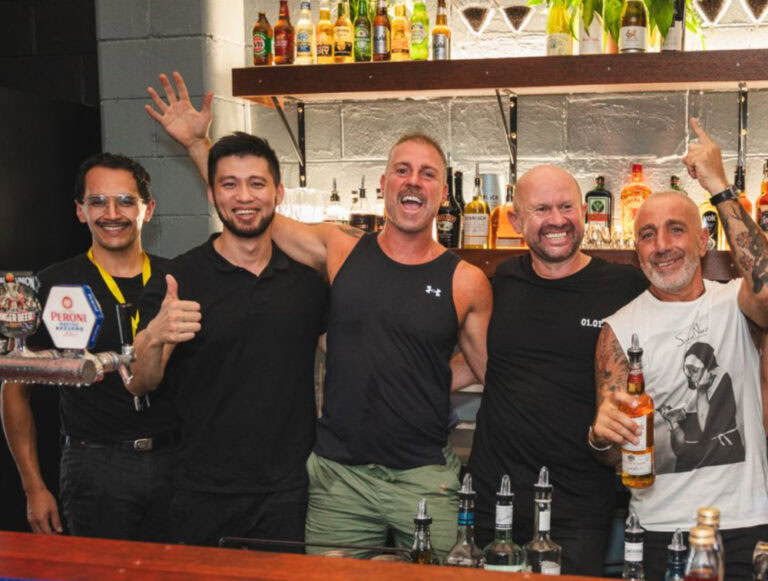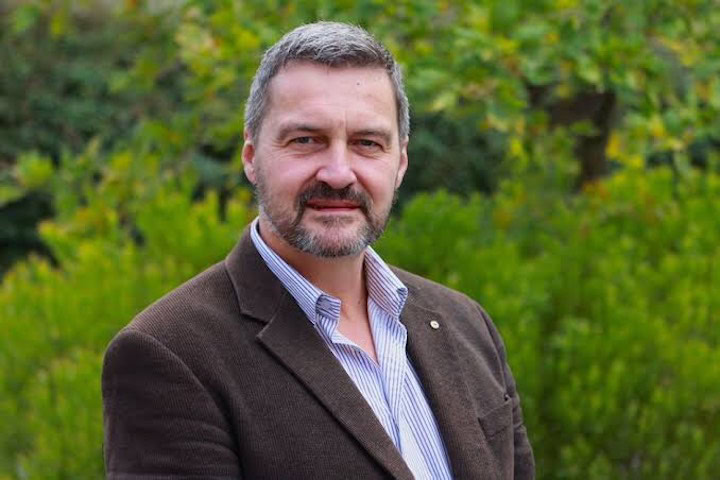
It’s Easy To Call People Out – But Can We Call Them Back In?

Last week I saw a family business get closed down for making homophobic comments on their personal Facebook page. They were rightfully called out, yet once they returned from a time of reflection and made a public apology, the queer community doubled down on our desires to have the person and business canceled.
I teared up while reading all of this.
Once we rightfully call someone out, we often forget the most important part: calling them back into integrity with accountability, love, compassion, and forgiveness. When we remain in the calling out and canceling, we’re not mending the break in society. Instead, we are creating more damage and distance that continues through generations.
What would it take for our community to feel that this apology was genuine?
What options can we explore that unite us, rather than keep dividing us?
If “cancel culture” focuses on the problem, what are the steps we can take that lead us towards the solution?
Let’s say, for example, in this particular instance at the restaurant, along with their apology, the owners could hire an LGBTQI chef to design a special queer inspired dish that the restaurant adds to their menu. From there, a large percentage of the profit from that dish could go towards a local LGBTQI charity (such as Twenty10) and the owner personally goes to the charity once a month to hand over the cheque.
This would give them a chance to fix their mistake by contributing aid, as well as personally connecting with the community.
I do not believe that anyone is a bad person by choice. After working as an emotional trauma therapist for the past three years, I’ve seen firsthand how our beliefs are passed down to us from birth, before we have the autonomy to choose what we think.
Yes, once you’re old enough, you can choose to see a therapist or work on yourself to change your ways, but it’s not that black and white. Our beliefs are hardwired into us by society, family, religion, media, and the education system.
It’s not easy letting go of what’s been taught to us since we were born. No one chooses to grow up homophobic. For some people, in their world, it’s a choice between heaven and hell; between eternal peace or eternal suffering. Others may have experienced physical abuse while being raised to be ‘tough.’ There are an infinite number of beliefs and ideas that lead to homophobia and I don’t have the word count to go through them all. My belief is that the only way we can start to shift these collective ideas is with compassion and understanding.
By this person being cancelled and losing their family business, the homophobia gets passed down to the young people in their lives. The business owner might be stressed about money and providing for their family, while most likely in a highly triggered and reactive state about how the queer community showed no compassion towards mistakes that were made and the subsequent apology.
In this situation, the business owner becomes the victim. I imagine this person’s children will see their hero beaten down, anxious, and emotionally unstable. This may well instil a set of beliefs about our queer community as the source of all the tension in their home. This is how transgenerational homophobia is born.
Perhaps this particular person doesn’t have children, however, this hypothetical can be applied to many different situations. Homophobia happens daily. And more often than not, it’s dealt with by canceling people or calling them out without calling them back in afterwards. If we keep doing this, we aren’t actually being effective or making change – but rather, we are creating more reasons for our queer community to be cast as villains.
Of course, it’s easier said than done to show compassion towards someone that’s directing prejudice towards you or your community, but I do not believe we should fight fire with fire or hate with hate. Love always wins. In our efforts to make homophobia a thing of the past, I don’t want us to continue spreading it in unconscious ways.
In my opinion, it all boils down to one question: do you think everyone is doing their best?
If your answer is no, life is going to be so much harder. If your answer is yes, then you understand that everyone is only participating in life in the way they know how to, and are just doing what they think is right (regardless of how wrong they can be).
At our best, we humans are beautiful, intelligent, creative, patient, compassionate and loving beings. We could all do better to remember this in times of pain and anger. And when we call someone out, let’s make it common practice to finish the job by calling them back in.










Once a nasty comment has been made it can be retracted but never forgotten, the trust, faith & support is obliterated.